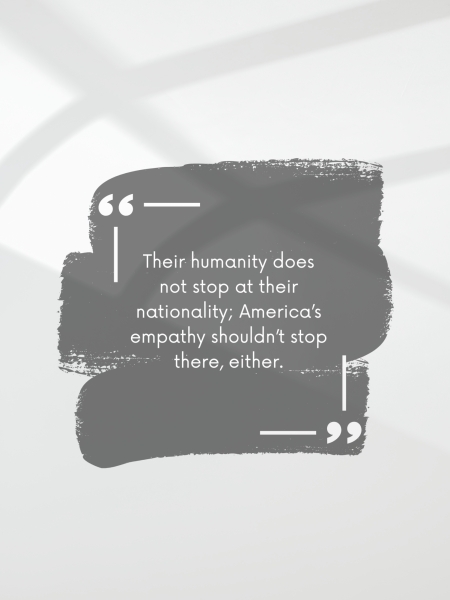Is A.I. in everyone’s pocket a good thing?
The Snapchat AI is great.
A brand-new best friend for your pocket; what could be better than that? Someone who is always there to listen to problems, ask personal questions, and do homework. Seems like the perfect companion for any need.
Real-life human connection? What’s that? Why talk to people you know in real life, with their personalities and conscious minds, when the AI bitmoji is customizable?
Well, okay, yeah, the biggest issue with AI is privacy. All messages sent to the AI are kept, whether or not they are saved in chat. Many fear what information Snapchat will keep from them if they message the AI, but it should be common knowledge not to share personal information with a robot. And anyway, maintaining data, messages, and speech patterns is the whole point of AI. It’s a learning tool to further knowledge on how artificial intelligence can adapt to humans.
On the other hand, Snapchat AI has lied about knowing people’s locations. Someone will ask where they live, and the Snapchat AI will say the town. But when prodded, the AI will deny it has access to the location or lie about where it got it from.
Some are worried about the amount of information the AI has collected from them. They worry about what the AI could possibly do with that information. This leads users to wonder what information they willingly give to social media platforms. Because how can people with their snap maps worry about how Snapchat AI got their location? People give entirely too much information just by using the app. People’s whole lives are on social media; many people use social media every day. And when social media is used, each site or app will take what a user has liked, shared, commented on, saved, etc., to gear its feed for that user. If a person doesn’t want to be at risk of a company using their data, they shouldn’t use social media at all. Of course, people can ask an app not to track what they do on other sites, but that doesn’t mean the app will comply. Like seriously, Fill the Fridge has no reason to ask to track information. What do they need it for?
Using social media in this age is a hazardous pastime. By accepting the terms and conditions, which are barely read, a social media company can do whatever it want with a user’s information. It is scarily easy for someone attempting identity theft to use that information and steal someone’s identity. So here are some tips for avoiding identity theft: Don’t use social media. Don’t give those greedy capitalists what they need to expand their ever-growing empires.
Too hard? Wanna keep up on the latest trends? Phone addiction? Okay, buy a VPN; it makes using public networks much safer.
Not worth the money? That’s fair. Then just… be smart?
The only proper precaution is to not share personal information on a public site that everyone can see and will be able to see forever. That may seem like a crazy idea, but if a person has stories about life, family, or school, try talking about them in person.
Social media, the future of AI, and location sharing are already super-scary. Be a smart user, and don’t let things get more dangerous than they already are.






